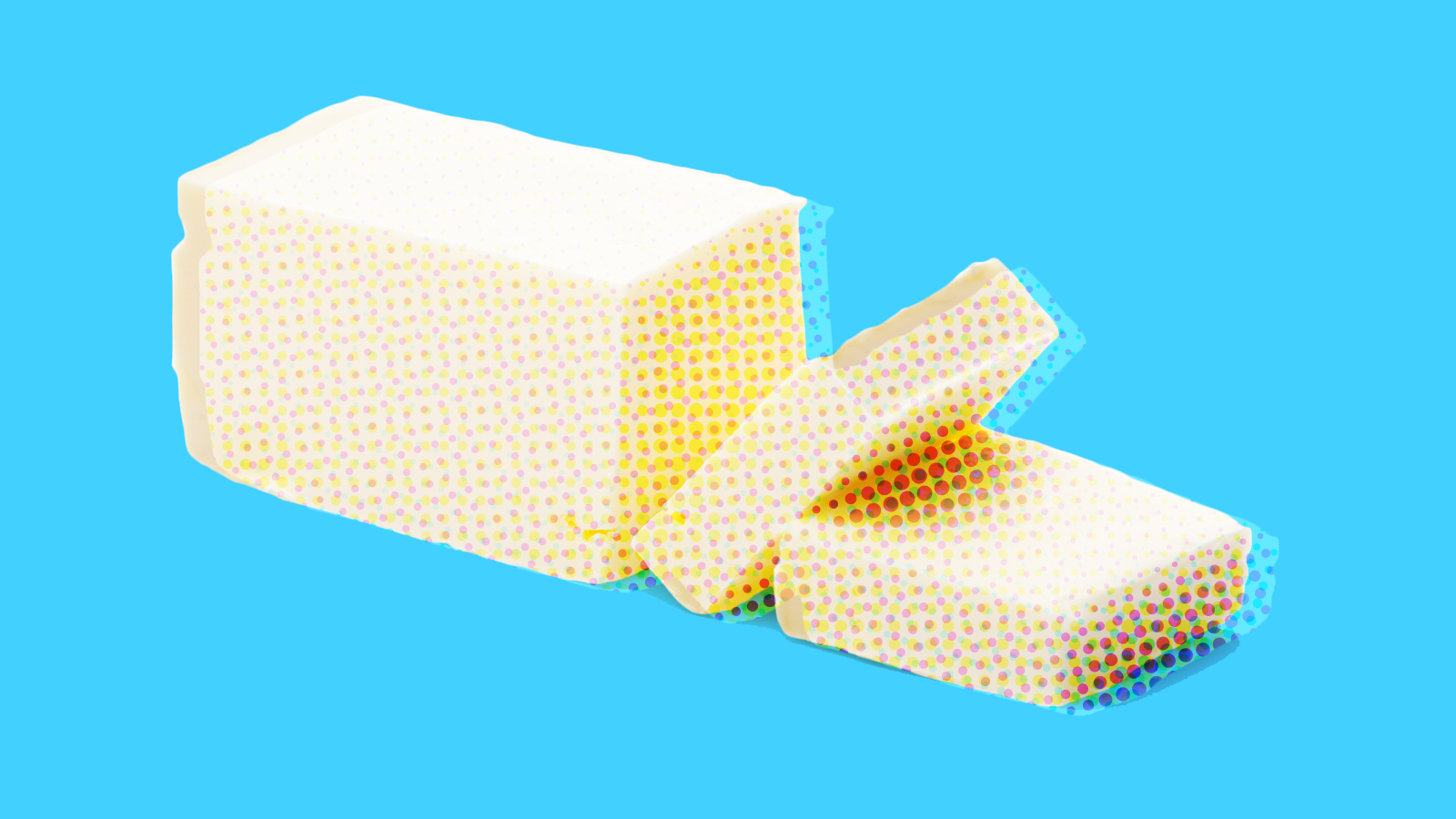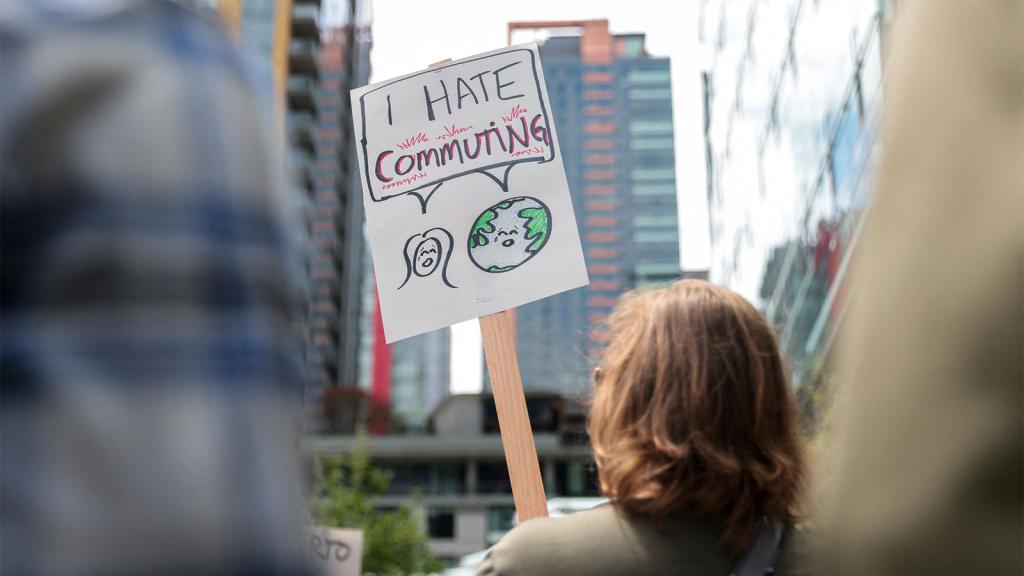Q. Dear Umbra,
I recently went vegan for environmental reasons. Now, when I cook or bake, I substitute butter made from cow’s milk with coconut oil, olive oil, or commercial vegan butter (like Earth Balance). But as a friend recently pointed out, the energy needed to process these products could actually be more than the energy required to raise a cow and make butter from its milk. Is there any difference? I’d consider switching back to conventional butter if I knew it was less resource-intensive.
Mary
Atlanta, Ga.
A. Dearest Mary,
I’m picturing you standing over your oven, spoon poised over a bowl of something tasty, with a cow on one shoulder and an olive on the other, both whispering in your ear, “Pick me! Pick me!” But which is the devil in this case, and which the eco-friendly angel? Your oven will be done preheating soon, so we should suss out the difference posthaste. Let’s chew the fat, shall we?
It’s true that turning something like an olive, soybean, rapeseed (the raw material behind canola oil), or sunflower seed into a gleaming oil or spread takes energy — not to mention the land and water required to grow said olive/bean/seed, plus any fertilizers or pesticides that get involved along the way. But it’s also true that any dairy product has to answer for the huge carbon footprint that comes from raising cows (head over to this recent column for more on that — in short, it’s all about methane).
What we need here is a scientific comparison of butter versus plant-based oils, and lucky us, we have one. This 2010 study looked at butter and margarine, which (depending on the brand) is based on some combination of vegetable oils, so it’s a nice window into your question. I’m not saying margarine is your best bet, but I think you will shortly see why you can confidently stand by your butter boycott. The researchers found that butter has more than double the environmental impact of margarine when it comes to climate change; it also caused more water and air pollution problems. If we’re looking just at the carbon footprint, butter is four times worse. The only place butter came up looking rosier than margarine was in regards to ozone, because some oil-extraction techniques involve the use of the ozone-creating chemical hexane. But there are ways around that, as we shall soon see.
Another study from 2011 slapped a few numbers on butter’s carbon footprint: from 5.2 kg to 9.3 kg of carbon dioxide equivalents per kg of butter. That report also looked at butter-veggie oil blends, and wouldn’t you know it, the higher the proportion of oil, the lower the product’s footprint. So Mary, feel free to hold the vegan line for all your fat-related needs.
That’s not to say that all oils are equally eco-friendly. Let me share a few more thoughts as you stock your vegan pantry.
For one, skip palm oil, that rainforest-destroying, animal-endangering option found in far too many products, including the aforementioned margarine, peanut butter, and chocolate. (Some brands maintain they use only sustainably produced palm oil, but the certifications for that are a bit slippery. Proceed with caution.) Beyond that, this oil-on-oil smackdown gives us even more guidance. Sunflower oil and rapeseed (canola) oil had the lowest carbon footprints and water consumption, beating out soy, palm, and peanut oil by wide margins. Also be aware that coconut oil has some fair trade and monocrop baggage associated with it; soy, canola, and corn oils are often made from GMO crops; and poorly managed olive oil plantations are linked to soil issues and water shortages.
As we can see, no oil is perfect. But no matter which imperfect oil you’re eyeing, Mary, you can lower your impact by following a few simple guidelines. As per usual, look for organic oils when you can, especially if you’re concerned about GMOs. Go for expeller-pressed or cold-pressed varieties if possible, as this extraction technique relies on mechanical pressure over heat-intensive processes and/or chemical solvents (here’s where you kiss that hexane goodbye). And though not all of us might be able to find locally produced oils, those out West have the option of some wonderful California oils with excellent eco-cred. It looks like you’ve got at least one local olive option there in Georgia, and if you poke around, maybe you can find others.
I hope this helps you go forth and cook confidently and butter-freely. Please consider this collection of vegan treat recipes my Welcome-to-the-Vegan-Club gift. I am not strictly vegan myself, but I would never turn down an olive-oil cheesecake.
Greasily,
Umbra



